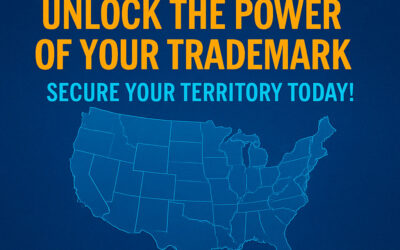Few names in the tech industry are bigger than Apple, Google, and Microsoft. So when all three face patent infringement, the news garners attention. In this case, Keith Kraft, the founder of Never-Search, has filed complaints against all three tech behemoths for patent infringement of no less than eight patents. All eight patents are related to mapping technology that identifies “points of interest” nearby, stores them, and adds them to the map display.
Does Never-Search have a case, or is it a matter of aiming for clout due to the size of the three companies they’re suing? Let’s discuss in today’s blog.
What Is Never-Search?
Never-Search was founded in 2004 by Keith Kraft, as a map of every golf course across the United States. What made Never-Search stand out was its “Points of Interest” feature. Through the map itself, users could find information about each location so they could decide whether or not to plan a visit, without having to search through the rest of the internet for more information. This is what earned Never-Search their name. In 2006, Never-Search began to include email address contact information for each golf course.
The Case Against Apple, Google, and Microsoft
This year, Never-Search filed complaints against not just Apple, Google, and Microsoft for infringing on its patents, particularly with regards to its “points of interest.” It asserted eight patents against Google, six against Apple, and five against Microsoft. Bing Maps was also accused of infringing on Never-Search’s patents.
Each of the companies being sued have their own maps application, and according to the suit, the technology they use includes technology patented by Kraft for Never-Search. Kraft claims not to have given any license for his patent to be used by these companies.
The complaint stated that the patents were inventor-asserted, though the USPTO has no assignment data on the asserted patents. Never-Search has also yet to file a certificate of interested parties required by law in the Northern District of California local rules. This certificate identifies the parties involved in the case against Apple, Google, and Microsoft. Never-Search attorneys have, however, clarified that Never-Search has no parent company and no corporation owns more than 10% of its stock.
What To Learn From This Case
At this point, with so little information available, it may be difficult to say whether the case holds any validity. However, as always, there are lessons to be learned. The first is the importance of patenting all of your applicable work. No matter how much influence a tech company has, it does not entitle them to use your intellectual property without your specific permission and license.
Patent assertion is also something that comes up in this case. This is a formal notice to companies who have allegedly infringed on your patent, asserting your ownership of the patent. It is similar to a cease-and-desist in that it reminds them that they are infringing on your patent without taking any further legal action. After a patent assertion, the company infringing on your patent may ask to purchase a license to use your IP or they may simply stop using it. If they do not, and they don’t challenge the assertion in a satisfying way, you can move forward to bring a case against them.
When considering a patent assertion, you want to make sure to do this through an experienced IP legal team, such as Garcia-Zamor. We can take care of the patent assertion, filing a complaint if one needs to be filed, and championing your case whether in mediation or litigation. We have over two decades of combined experience in intellectual property, and we’re here to help you. Contact Garcia-Zamor today to learn more.







